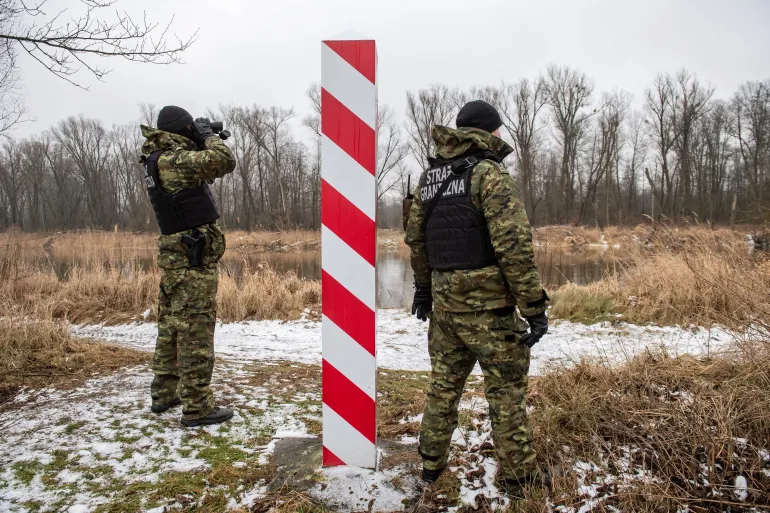The city of Braga has launched a new project to transform an old primary school in Celerós into a modern reception centre for migrants. A public tender has officially opened for companies to submit their proposals for the renovation work. The project will cost €1.4 million and is being led by BragaHabit, the city’s municipal housing company.
Mayor Ricardo Rio said the centre will not only provide housing but will also help migrants start better lives in Portugal. In addition to giving people a place to live, the new centre will offer training and support services. These programs will help migrants build their careers, learn new skills, and find jobs more easily.
The city believes this project is a win-win for everyone. While migrants will receive the support they need to settle and grow, local businesses—especially in the fabric industry—will also benefit. Many factories in Braga are currently facing a shortage of workers. By training and preparing new arrivals, the city hopes to fill these job gaps in a way that is both helpful and humane.
A total of 16 new housing units will be created inside the old school building. The renovation and development will be fully funded by Portugal’s Plano de Recuperação e Resiliência (PRR), a national recovery and resilience plan that supports important social and economic projects.
The training centre will offer programs focused on job readiness and professional development. This could include help with learning Portuguese, gaining technical skills, and receiving career placement support. The goal is to make sure migrants are fully prepared to enter the workforce and contribute to society.
BragaHabit announced that all proposals to carry out the work must be submitted by April 19. Once a company is chosen and the contract is signed, construction must be completed within 300 days. Local leaders believe this timeline is realistic and will allow the centre to open in early 2026.
This project is part of Braga’s broader plan to welcome migrants with dignity and provide them with the resources they need to succeed. It shows how local governments can take meaningful steps to support both migrants and the wider community.
City officials hope that Braga’s example will inspire other cities in Portugal to launch similar projects, combining housing, training, and job support to create a better future for everyone.

